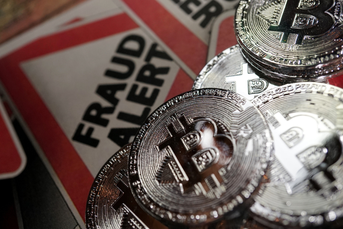Tipster who ate Post-it Notes in Grand Central avoids fine in insider-trading case
In exchange for cooperating in SEC's ongoing case involving a former Morgan Stanley broker and a former law clerk, middleman Frank Tamayo will pay $1 million in ill-gotten gains, regulator says.
A man accused of aiding an insider-trading scheme by chewing up sticky notes after sharing market-moving information contained on them will avoid paying a fine in settling U.S. Securities and Exchange Commission claims.
Frank Tamayo was a middleman in a scheme involving Steven Metro, a former law clerk at Simpson Thacher & Bartlett, and broker Vladimir Eydelman, formerly with Morgan Stanley and Oppenheimer & Co., the SEC said in a statement Monday. In exchange for cooperating in the agency’s ongoing case against the two men, Mr. Tamayo’s penalty was limited to disgorging $1 million in ill-gotten gains and agreeing not to violate anti-fraud and securities laws, the SEC said.
(More: “Morgan Stanley wins back $3M bonus from insider trader”)
Mr. Tamayo would meet Mr. Eydelman near a clock in New York’s Grand Central Terminal and show him napkins or Post-it Notes with the name or stock symbol of a company whose shares were about to go up, according to the SEC’s March 2014 complaint. On at least one occasion, he then ate the note, the SEC said.
“[Mr.] Tamayo benefited from his decision to cooperate promptly with the SEC, enter into our cooperation program and provide significant information that assisted our investigation,” Robert Cohen, co-head of the SEC’s market abuse unit, said in the agency’s statement.
(More: “Oppenheimer Holdings beset by regulatory investigations”)
Mr. Metro was charged in federal court in New Jersey in January for taking part in a five-year scheme that prosecutors said made $5.6 million in profit.
The SEC has been lobbying defense attorneys to be more cooperative in its investigations. In May, Enforcement Director Andrew Ceresney laid out benefits ranging from smaller fines to no penalties whatsoever for people and companies that reveal their own misconduct. The agency revamped its policies five years ago to encourage cooperation by setting up a whistle-blower reward program and developing agreements that could shield cooperators from an enforcement action.
Learn more about reprints and licensing for this article.








